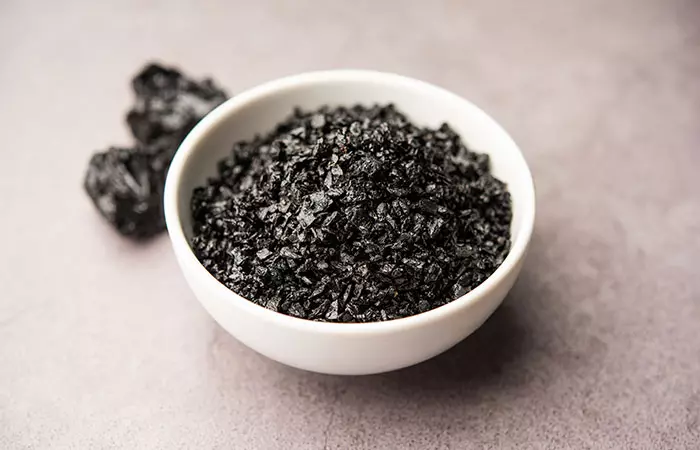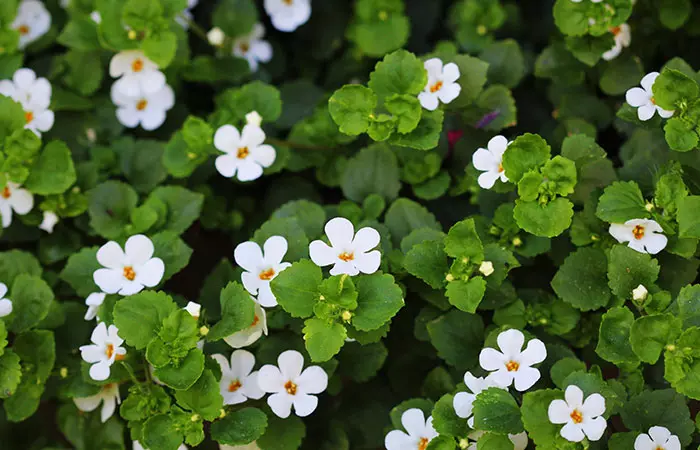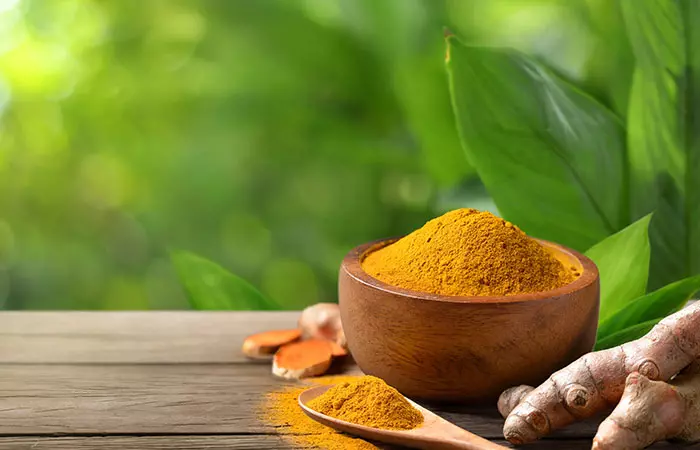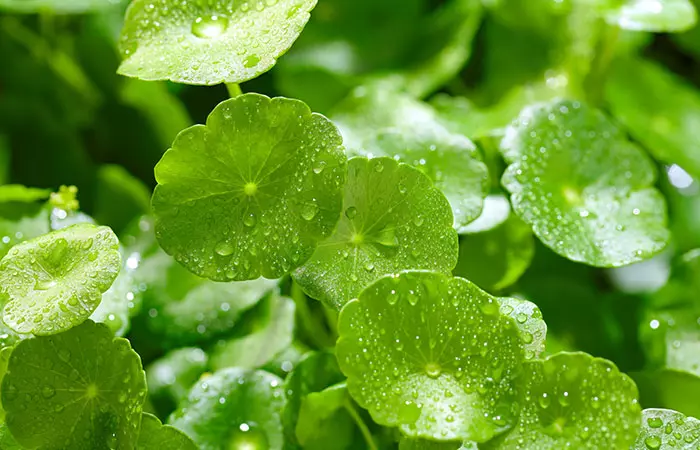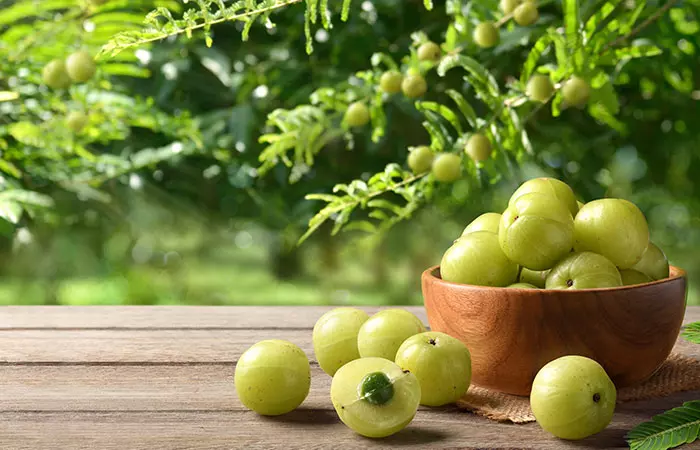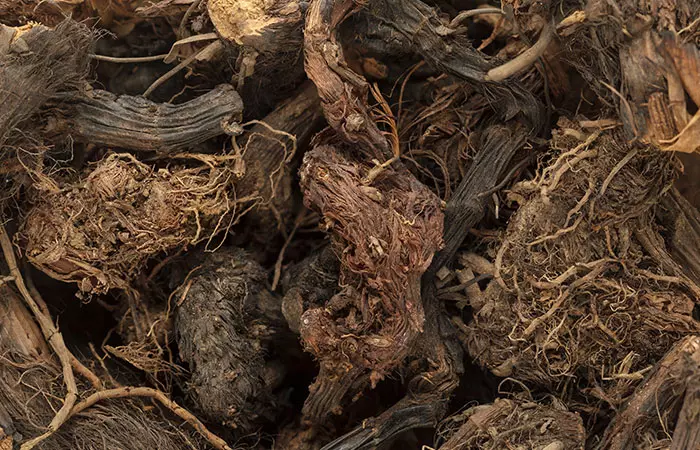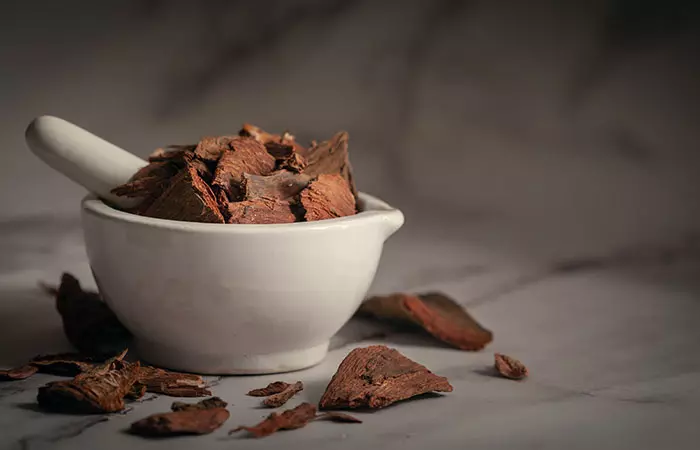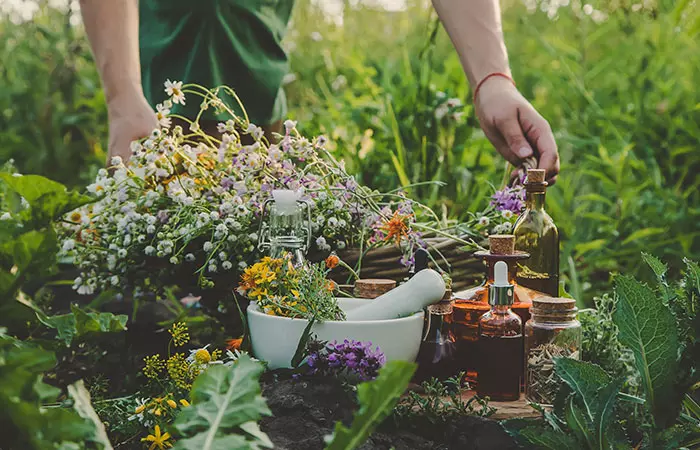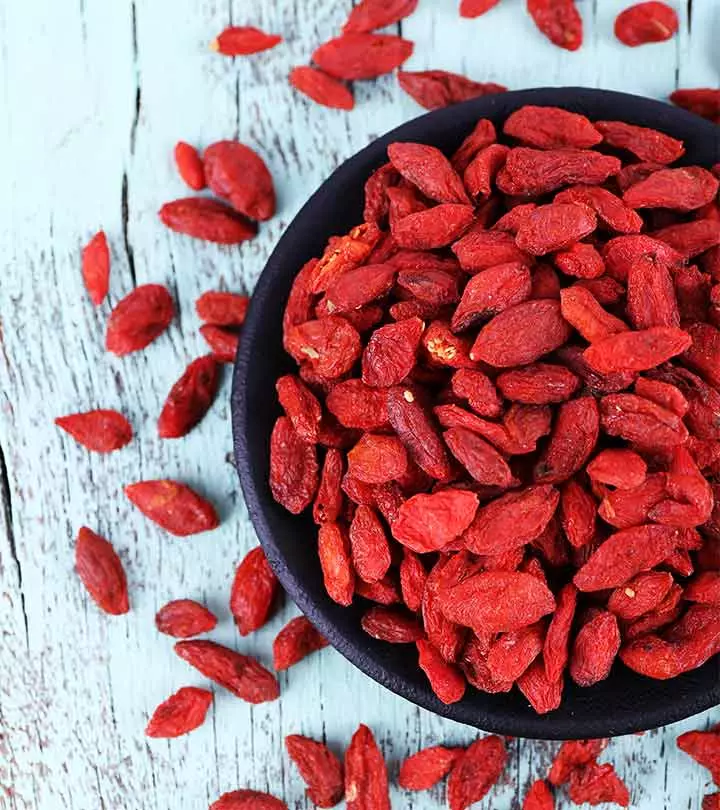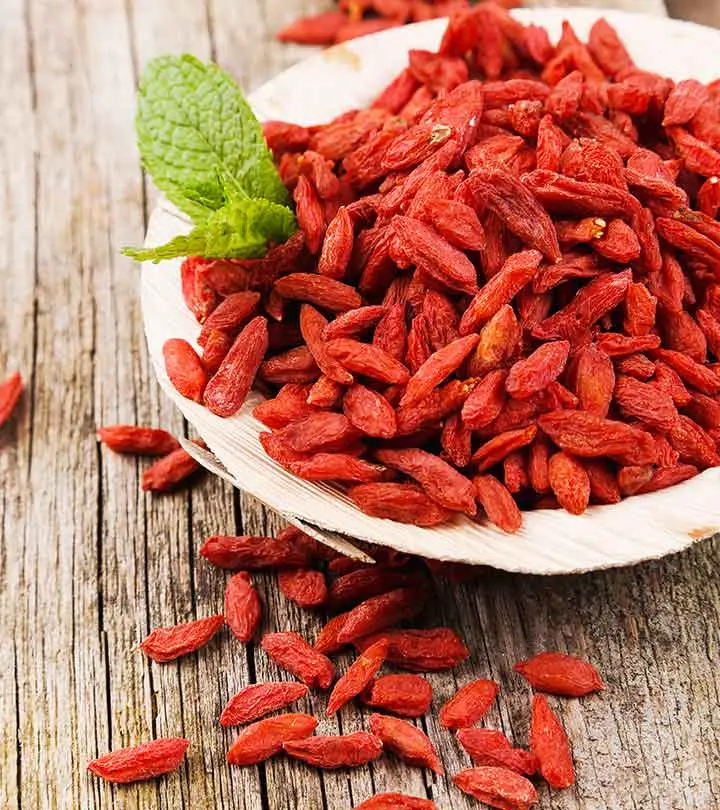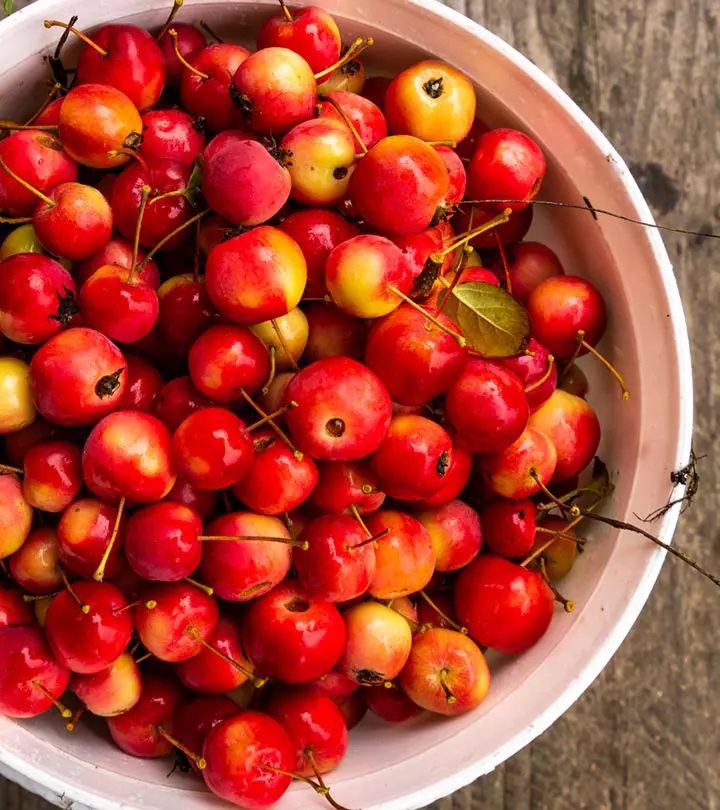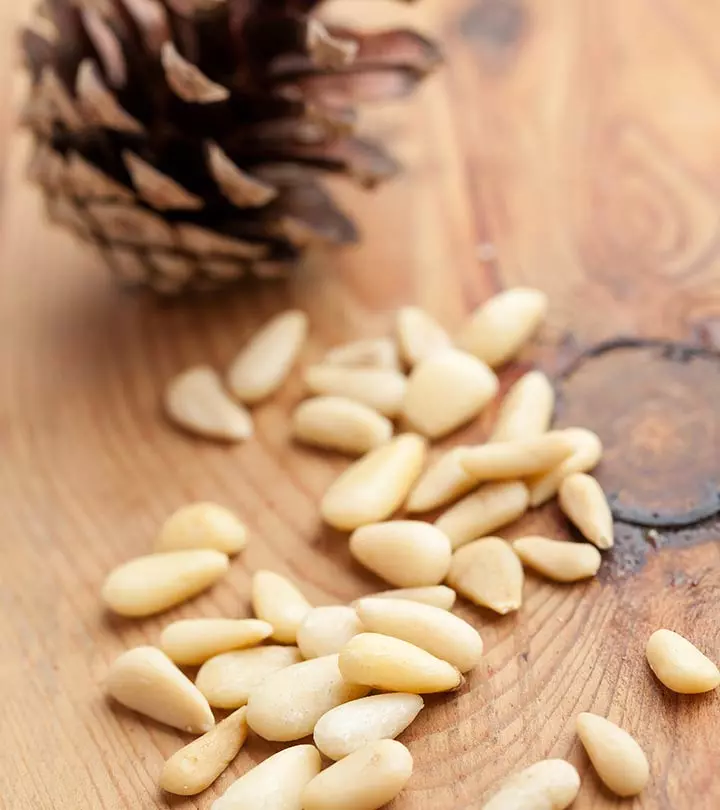12 Himalayan Herbs That Are Believed To Increase Longevity
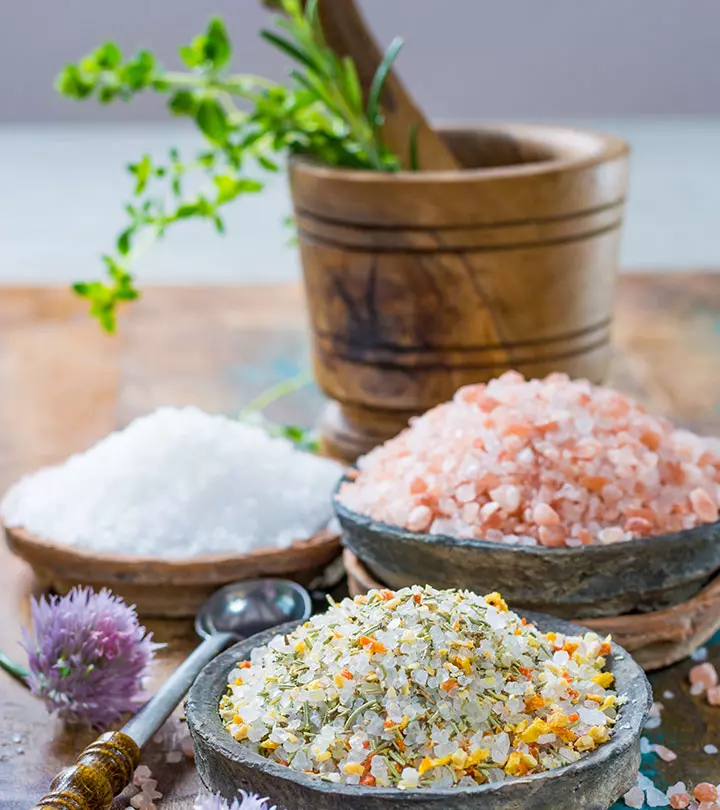
Image: Shutterstock
When people mention the Himalayas, our minds automatically wander off to the majestic peaks and lush green valleys. But, there is so much more to the geographical region other than just the scenic beauty. Did you know, the Himalayas are also a treasure trove of medicinal herbs? For centuries, these mountains have been revered for their diverse vegetation, including herbs that are believed to enhance longevity. In this article, we have mentioned some of the herbs that are native to the Himalayan region and are extremely beneficial for our health. Read on to know them all!
1. Ashwagandha
Ashwagandha is known for its adaptogenic properties (1). Also known as Indian Ginseng, it helps the body balance hormones, adapt to stress, and strengthen the immune system. These properties potentially contribute to a longer and healthier life.
2. Shilajit
Resembling a black tar-like substance, Shilajit is rich in minerals and fulvic acid (2). It’s considered a potent anti-aging agent, promoting cellular regeneration and overall vitality.
3. Brahmi
Brahmi is a herb that is believed to enhance memory, reduce stress, and improve overall brain function, potentially contributing to a longer, healthier life by supporting mental acuity (3).
4. Turmeric
A staple in Indian cuisine, turmeric contains curcumin, a powerful antioxidant and anti-inflammatory compound (4). Its medicinal properties are believed to aid in reducing the risk of age-related diseases, thus supporting longevity.
5. Tulsi
Tulsi is revered in Ayurveda for its healing properties. It acts as an adaptogen, promoting resilience to stress, bolstering immunity, and potentially extending life expectancy (5).
6. Gotu Kola
This herb is famous for its ability to improve circulation, support brain health, and reduce anxiety. Its potential to enhance overall vitality may contribute to a longer life span (6).
7. Guduchi
Known as the Amrit in Ayurveda, Guduchi is valued for its immune-boosting and rejuvenating properties, believed to enhance longevity by fortifying the body’s defenses (7).
8. Amla
Amla is a powerhouse of Vitamin C and antioxidants. Its anti-aging properties, along with its ability to boost immunity, aid digestion, and promote healthy skin, are believed to support longevity (8).
9. Yarsagumba
A rare herb-fungus combination found in the Himalayas, Yarsagumba is revered for its alleged aphrodisiac and rejuvenating properties. It is also believed to enhance vitality and promote longevity (9).
10. Jatamansi
Used traditionally to support the nervous system and promote relaxation, Jatamansi is believed to reduce stress and anxiety, potentially contributing to a longer and healthier life (10).
11. Haritaki
Haritaki is considered the king in Ayurveda. It’s believed to promote digestion, detoxification, and overall rejuvenation, potentially supporting longevity (11).
12. Arjuna
Derived from the bark of the Arjuna tree, this herb is known for its cardiovascular benefits. It supports heart health, potentially reducing the risk of heart-related ailments and contributing to a longer life (12).
In This Article
How To Incorporate Herbs In Your Diet?
Incorporating these Himalayan herbs into one’s lifestyle might involve various forms, such as herbal teas, supplements, or as ingredients in meals. Consulting with a healthcare professional before starting any new herbal regimen, especially for those with pre-existing medical conditions or those taking medications is important.
While these herbs hold promise for longevity, other factors like a balanced diet, regular exercise, adequate sleep, stress management, and overall healthy lifestyle choices also play pivotal roles in extending one’s lifespan.
A Few Things To Keep In Mind
When integrating Himalayan herbs into your diet, certain precautions can ensure a safe and beneficial experience. Firstly, be mindful of the source and quality of the herbs. Ensure they are sourced from reputable suppliers to avoid contamination. Also, moderation is key. While these herbs offer potential health benefits, excessive consumption may lead to adverse effects.
Allergies and interactions with medications are possible. Monitor your body’s response when introducing a new herb and be aware of any adverse reactions or interactions with medications.
Lastly, if you opt for herbal supplements, make sure to follow the instructions provided. It is important to pause usage if you experience any unusual symptoms and immediately seek professional advice.
By exercising caution, being informed, and seeking guidance, you can safely integrate Himalayan herbs into your diet to maximize their potential health benefits while minimizing risks. These Himalayan herbs serve as a reminder of the intricate connection between nature and human health, offering a glimpse into the wisdom tucked away in the serene valleys and towering peaks of the Himalayas.


